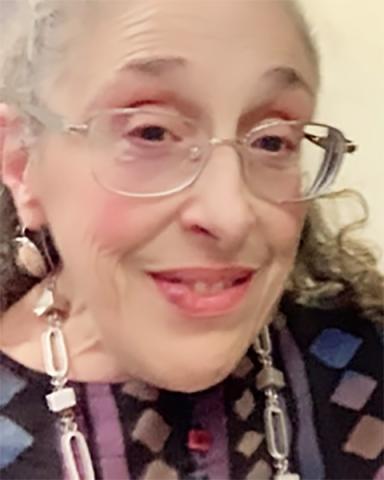Adjunct Professor, Disability Studies
Devva Kasnitz trained as a cultural geographer at Clark University and then as a medical anthropologist at The University of Michigan, with postdoctoral work at Northwestern University and at the University of California, San Francisco in health policy and disability in urban and medical anthropology. She has worked in disability studies since 1979 while still maintaining an interest in ethnicity and immigration. Kasnitz was on the founding boards of: the Society for Disability Studies, the Anthropology and Disability Research Interest Group of the Society for Medical Anthropology, and the Association of Programs for Rural Independent Living, and has mentored a generation of disability studies scholars in the US, Australia, and Guatemala. She has also have directed research at the World Institute on Disability and the Association of Higher Education and Disability. Currently, Kasnitz is the Executive Director of the Society for Disability Studies, and an adjunct professor at the CUNY SPS MA in Disability Studies and MS in Disability Services in Higher Education programs. In January 2020 she will return to be the Kate Welling Distinguished Scholar in Disability Studies for the second time. Kasnitz has received research funding from NIH, NIMH, NIDRR, the American Anthropological Association, The Felton Bequest, and Sprint Foundation, and was a 2000 NIDRR Switzer Fellow and 2014 recipient of the Society for Disability Studies, Senior Scholar Award. Additionally, she was the director of a California independent living center and currently represents disabled citizens on the California State Telecommunications Access for the Deaf and Disabled Administrative Committee. Her current work focuses on speech impairment and the politics of social participation and on disability services in higher education, and she will be releasing a book with Pamela Block. Kasnitz lives in Northern California, behind the redwood curtain, surrounded by her family—most importantly one 16-year-old stepson and 3 Moroccan girls aged 16, 12, and 11—and by spinning wheels, looms, baskets full of fleece, yarn, and fiber waiting to become cloth.



